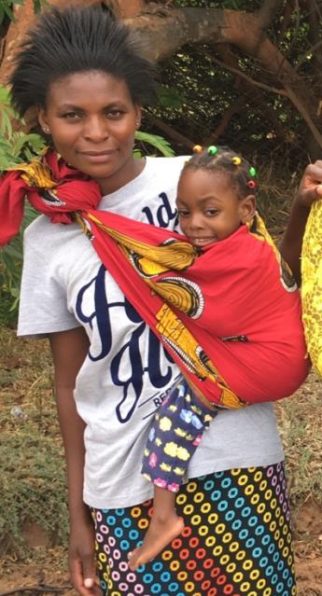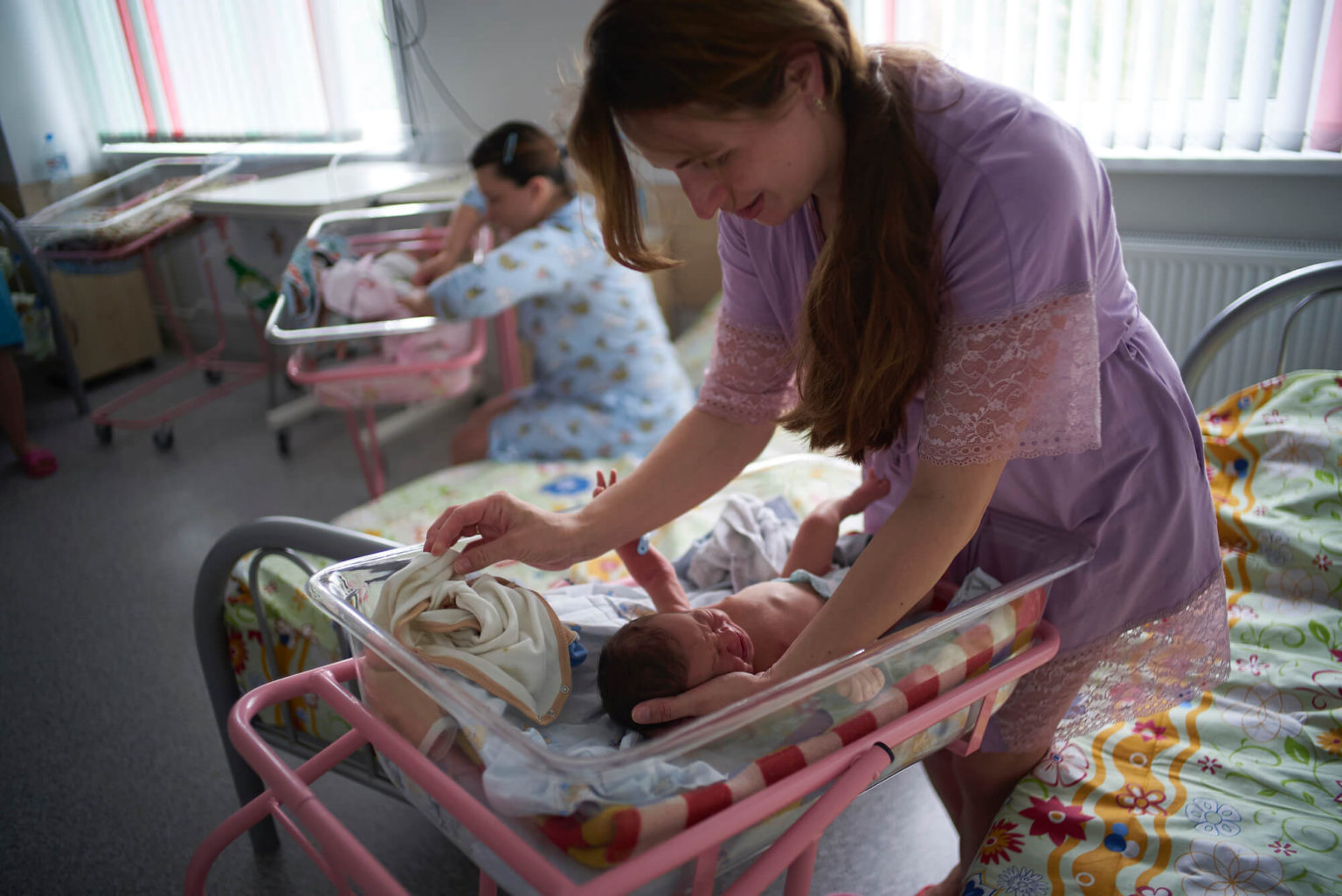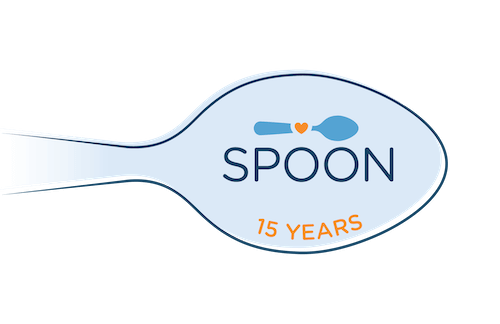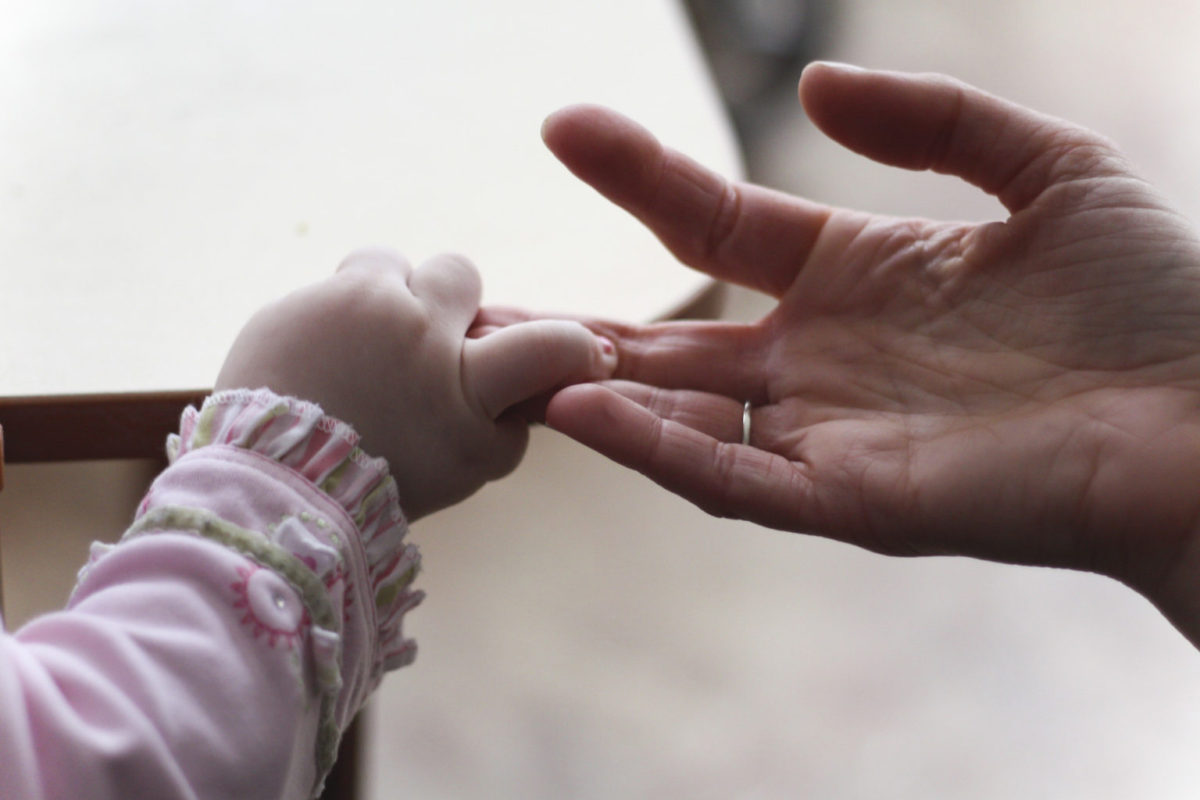As we mark more than one year since COVID-19 was declared a global pandemic, SPOON is reflecting on the impact of the pandemic for children with disabilities and children without family care. To truly capture COVID-19’s impact, we must include a major secondary effect: child malnutrition.
COVID-19 has been linked to increased food insecurity and malnutrition globally. UNICEF estimated that an additional 132 million people would go hungry in 2020, in addition to the more than 600 million already facing food insecurity. COVID-related lockdowns, increased poverty, and loss of health services have all increased child malnutrition. This is especially true for the 250 million children with disabilities and children living without family care worldwide. These vulnerable children are often less likely to receive support during crises.
Direct and Indirect Impacts
These global trends are also reflected in the areas where SPOON works. In Zambia, SPOON worked with Catholic Medical Mission Board (CMMB) Zambia and St. Catherine’s University to conduct a Health Impact Assessment to understand the impact of COVID-19 on children with disabilities and their families. We found nearly all families were facing new challenges in housing, loss of income, and access to food. Among surveyed families of children with disabilities, 79% faced a loss of food or nutrition during the pandemic.

Improving on ‘Normal’
Without systems change, we can expect that these effects will only continue as many low- and middle-income countries face a long road to containing and rebuilding from the pandemic. Children with disabilities and children without family care faced high rates of malnutrition even before the COVID-19 pandemic. Progress in nutrition has long been limited by serious inequalities, as described in the most recent Global Nutrition Report. These inequities have been worsened by the pandemic, but a return to ‘normal’ will not solve them. SPOON continues to advocate for an inclusive approach to global nutrition in and beyond COVID-19 responses.
Signs of Progress
Even in this troubling context, we have seen some important signs of progress. SPOON and our partners have continued our work despite new restrictions, and even launched new training programs in Haiti and Belarus during the pandemic. In the US, the passage of the Global Child Thrive Act marked an important step toward including children with disabilities and children without family care in US-funded early child development programs, including efforts to prevent family separation.

During the pandemic, SPOON launched a training program in Belarus
We often hear that with COVID, ‘no one is safe until we all are safe.’ This statement also applies to COVID’s indirect effects, like malnutrition. By containing the growing effects of the virus on child hunger in low-income countries, the entire world benefits. More than one year into this pandemic, we are reminded that inequities in nutrition are both urgent and solvable. As a global community, we have the tools we need to protect children’s nutrition even in the most challenging of circumstances. We must work together to use them.


